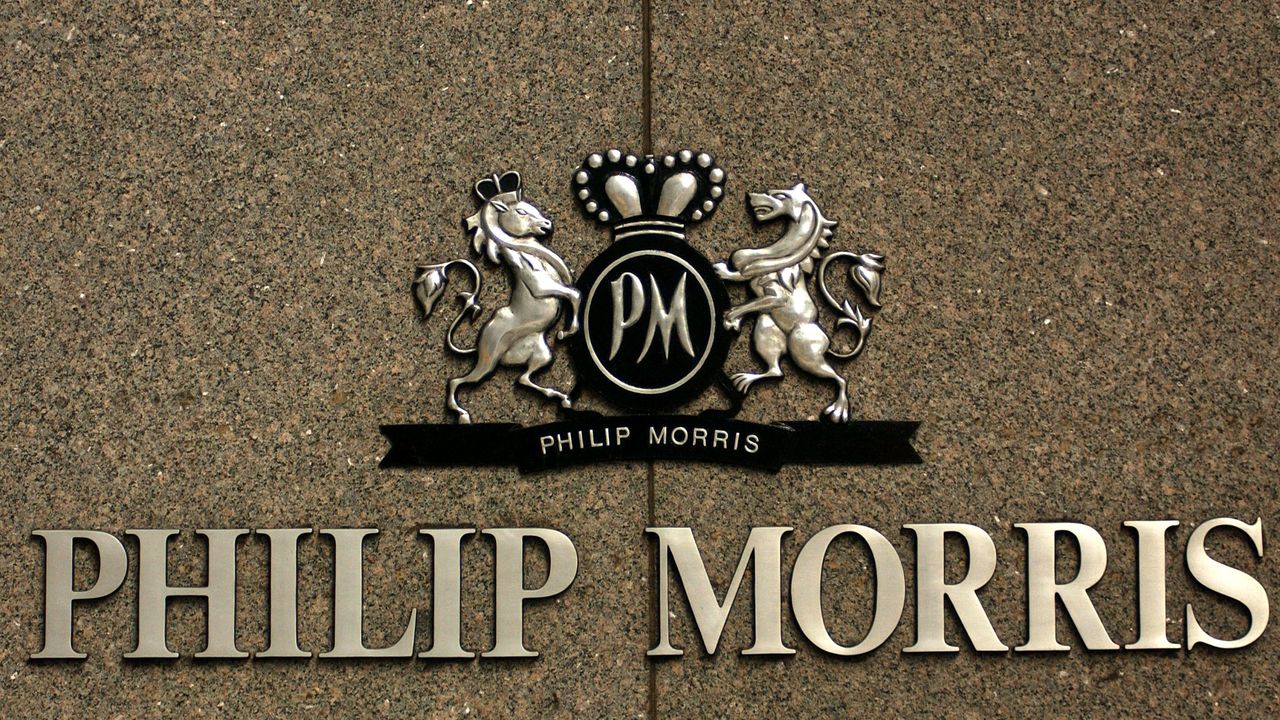
Philip Morris International (PM) earning reports didn’t quite satisfied investors. While cigarette demand may be stagnating, demand for e-cigarettes is growing rapidly in many international markets. The company is also stockholder-friendly, with a substantial dividend that yields about 6.0% historical / cash flow multiples.
RECENT DEVELOPMENTS
The beta on PM is 0.78. On July 21, PM reported second-quarter results. (The following year-over-year comparisons reflect pro forma results adjusted for the deconsolidation of PMI’s Canadian subsidiary on March 22, 2019.) Second-quarter net revenue, excluding negative currency effects, fell 10% to $6.7 billion. Adjusted diluted EPS, excluding currency effects, came to $1.29, down 12% from $1.46 in the year-earlier period but above our estimate of $1.10. Despite the continued coronavirus uncertainty, PM is now providing full-year guidance. Management said that the pandemic has resulted in significant disruption that will adversely impact its business and financial results. It also noted that there was no assurance that the company’s business continuity plans and other safeguards would be effective.
EARNINGS & GROWTH ANALYSIS
Six regional segments: European Union (33.5% of 2Q20 sales); Eastern Europe (10.7%); Middle East & Africa (13%); South & Southeast Asia (16.2%); East Asia & Australia (19.8%); and Latin America & Canada (6.8%). The company also has two product lines: combustibles (81%) and reduced risk products (19%). In 2Q, revenue declined in every region except Eastern Europe, which grew 5.6% on a currency-neutral basis. The European Union saw a revenue decrease of 0.1%. Currency-neutral revenue fell 25% in South & Southeast Asia, 28% in the Middle East & Africa, 5% in East Asia & Australia, and 19% in Latin America and Canada. Combustible revenue declined 19%, while Reduced Risk Products revenue rose 10%.
MANAGEMENT & RISKS
Andre Calantzopolous is the CEO of Philip Morris International, and previously served as COO. Emmanuel Babeau became the company’s new CFO in May. Louis Camilleri, who retired as CEO in 2013, remains the company’s chairman. Investors in PM shares face numerous risks. On a macro basis, Philip Morris International conducts its business outside the U.S. As such, the company is exposed to substantial currency risk, and recent results have been meaningfully impacted by the strong dollar. The tobacco industry is also consistently targeted by regulators and governments. Excise taxes lower the company’s net revenue by about 60%, so any changes in tax regulation have a significant impact on profitability. Higher excise taxes also tend to increase the sale of counterfeit cigarettes, lowering market volume as a whole. The company faces challenges in several countries that are seeking to compel manufacturers to sell cigarettes in plain, unmarked packs. Management has strenuously resisted such regulation, as it believes that it encourages counterfeit cigarettes and has no proven benefit to public health.
Cigarette demand tends to be impacted more by high unemployment rate than by tax increases or health warnings, as smokers tend to trade down to low-margin brands or counterfeit products as their discretionary income shrinks. The company highlighted three COVID-19 risks. It expects duty-free sales, which contributed approximately 4% of revenue in 2019, to fall significantly due to reduced international travel. It also expects IQOS user acquisition to be delayed and has projected a 50% decline in user acquisition. PM also expects weaker economic conditions to lead smokers to trade down to lower-priced products.
COMPANY DESCRIPTION
The company’s primary international brands include market leader Marlboro, as well as L&M, Philip Morris, Chesterfield, Parliament, Lark, Bond Street, and Virginia Slims. In addition to the manufacture and sale of cigarettes, PMI is developing and selling ‘reduced-risk products’ or RRPs. The company has six of the world’s top 15 brands and sells its products in approximately 180 markets. The company has 73,500 employees.


Leave a Reply